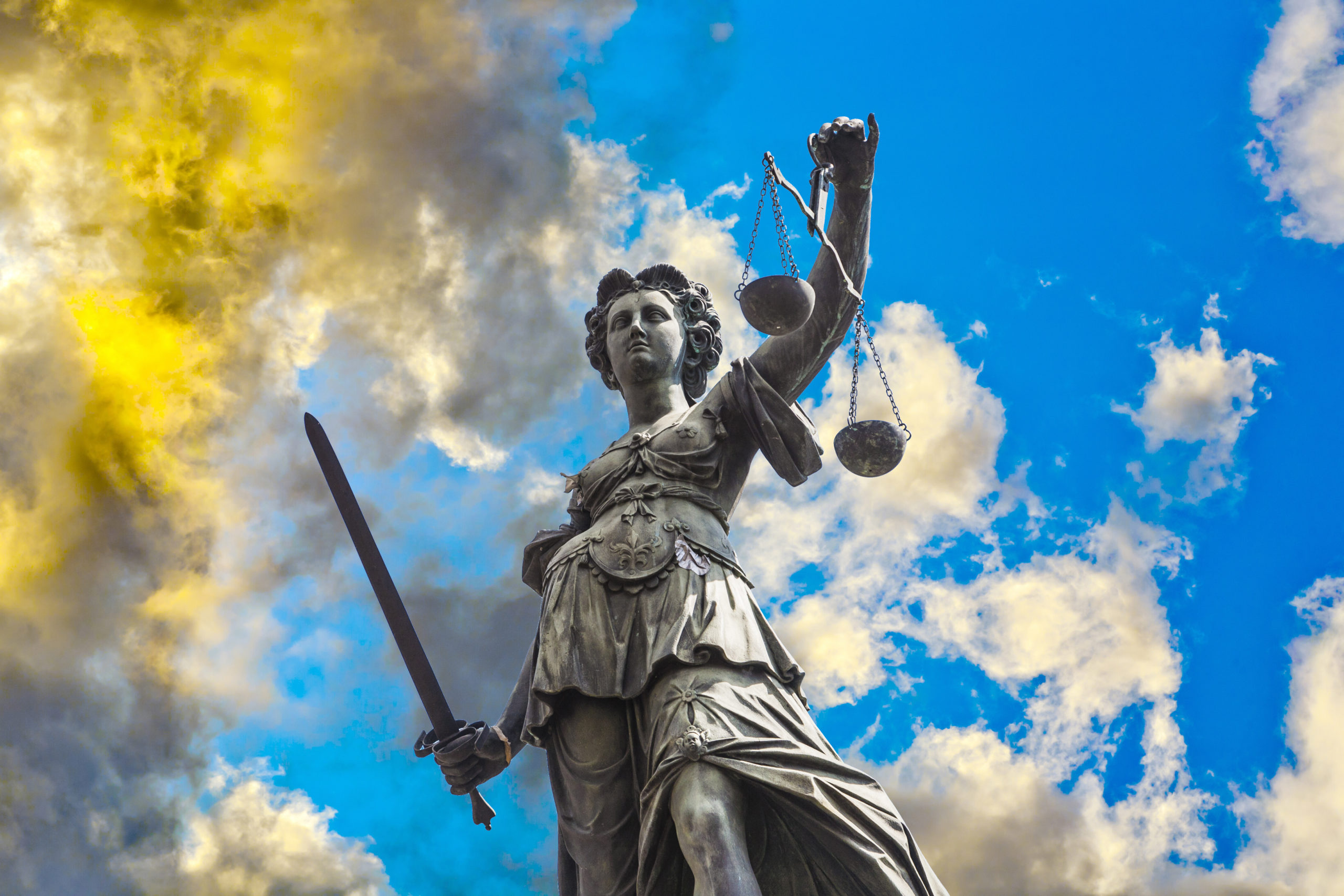
The COVID-19 pandemic altered almost all aspects of life, including judicial proceedings. In response to the need for social distancing to keep users of the justice system safe, courts rapidly instituted unprecedented public health precautions that participants in the court system described as chaotic.1 Courts delayed and deferred cases. They also undertook a period of experimentation with remote and virtual operations.
Few if any areas of law were untouched, but landlord-tenant law was especially disrupted. Early in the pandemic, some states and then the federal government put in place broad moratoria on (most) evictions, so that a large class of legal cases was indefinitely put on hold. This Policy Spotlight reviews novel national survey data of attorneys, judges and other court personnel, as well as individuals who had courts experiences during the pandemic. We asked about how people’s housing situations were affected by the pandemic, with special attention to differences across racial groups in this regard.
An intervention that greatly reduces the volume of eviction orders—a moratorium on court proceedings, for instance—could convert a pre-pandemic White-Black gap into a higher level of “kept housing longer” responses from Black respondents during the anomalous period (the moratoria).